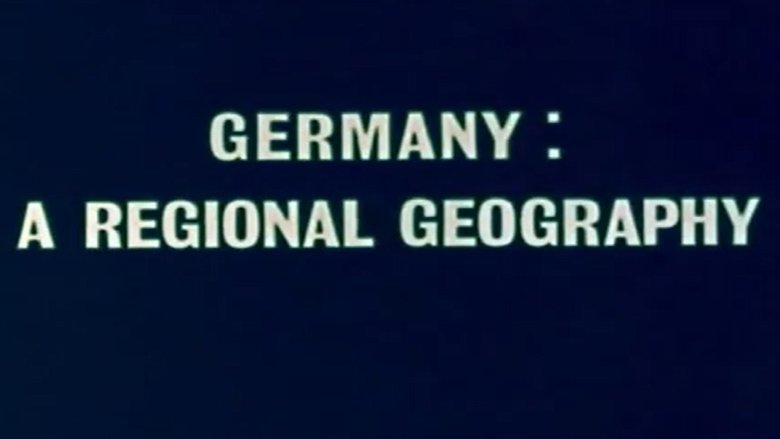Germany: A Regional Geography
Genres
Documentary
OverView
A BAFTA award nominated documentary intended for secondary schools exploring the three distinct geographical regions of Germany from a British perspective.
Others
Budget
$--
Revenue
$--
Status
Released
Original Language
English
Runtime
24 mins
Rating
6/10
Release Date
01 January 1964
Country
United Kingdom


